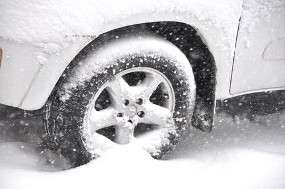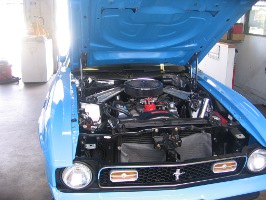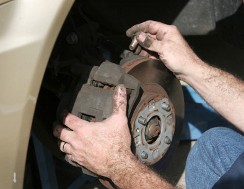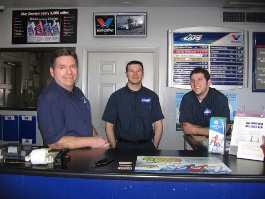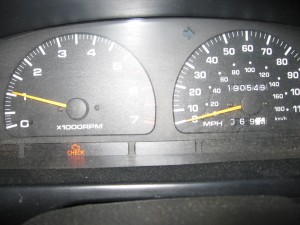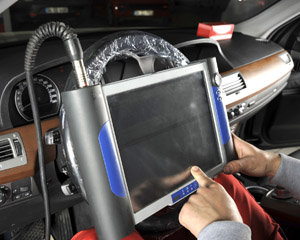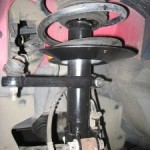 Suspension systems should continue to operate effectively for many years and thousands of miles, but eventually components do wear out. How long it takes for them to wear out depends a lot on how you drive.
Suspension systems should continue to operate effectively for many years and thousands of miles, but eventually components do wear out. How long it takes for them to wear out depends a lot on how you drive.
As you can imagine, if most of your driving is on smooth Colorado highways, your vehicles shock absorbers will last a lot longer than if you do most of your driving on bumpy Denver roads or hauling heavy loads. In addition to just wearing out, upgraded shock suspension components can be damaged in an accident or just by a hard impact – like hitting a pothole, curb or a rock in the road.
Because the life span of shocks can vary so widely, your vehicle manufacturer recommends periodic inspections. During a car inspection at Express Car Care, your service technician will check for worn, broken or missing suspension parts. If the inspection reveals any problems, it’s important to have them taken care of quickly. When you do need to replace your shocks, it’s usually a good idea to replace all four at the same time. This will give you even handling at all four corners of the vehicle.
If you have special road handling needs – like – improved cornering or towing and hauling requirements in Denver, your Express Car Care adviser can recommend an upgraded shock or strut that will meet your needs.
At Express Car Care, we have been providing quality auto repair in Denver for over ten years. Ask manager Rob about transmission service and windshield wipers. We are here to help with all your auto repair needs. Give us a call @ 303-691-2760 or come in and see us.

